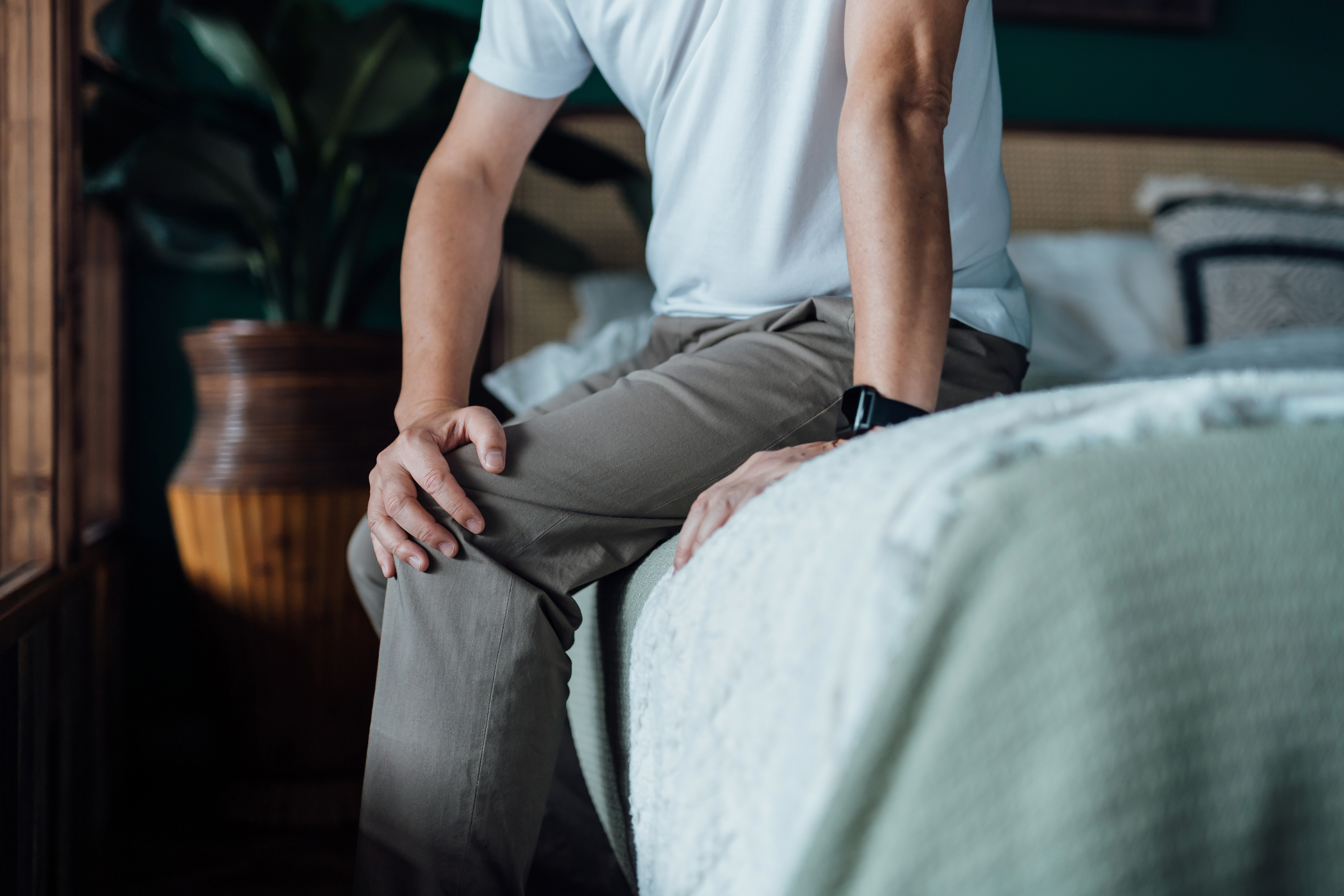
Bunions, those bony protrusions that often develop at the base of the big toe, can be a source of discomfort and concern for many. While the primary impact is felt in the foot, you may be wondering if bunions can also cause knee pain. Let's explore the potential connection between bunions and knee pain — and delve into what can be done to address this concern.
Understanding Bunions
A bunion, or Hallux Valgus, is a deformity that starts with the big toe deviating toward the second toe, resulting in a bony bump on the side of the foot. This condition typically develops over time due to factors such as genetics, improper footwear, or structural issues in the foot.
The Connection Between Bunions and Knee Pain
The relationship between bunions and knee pain is indirect but can be significant. Because a bunion can lead to changes in gait and weight distribution, it can change your alignment.
This can potentially impact the entire lower half of your body, including the knees. The misalignment may contribute to conditions like patellofemoral pain syndrome, where the kneecap doesn't move smoothly, causing discomfort.
If you have bunions, you may knowingly or unknowingly adjust your walking pattern to alleviate pressure on the affected toe. This inadvertently places additional stress on your knees. Over time, that can contribute to knee pain and discomfort.
Addressing Bunions and Knee Pain
If you suspect that your bunions may be contributing to your knee pain, it's important that you speak with a specialist. A comprehensive examination, including a gait analysis and imaging studies, can help determine how much your bunions and issues surrounding them may be to blame for your knee pain.
Treatment options may include:
- Orthotics: Custom orthotic devices can be prescribed to correct foot mechanics and provide better support, potentially improving knee pain.
- Footwear modifications: Wearing shoes with a wider toe box and proper arch support can reduce the pressure on your bunions and promote a more natural walking style.
- Physical therapy: Targeted exercises can strengthen the muscles around your knee and improve your overall lower limb alignment.
- Bunion surgery: If these measures aren’t working, you may consider bunion surgery to address the underlying problem and relieve any associated knee pain.
Getting Treatment for Bunions and Knee Pain
For anyone seeking expert care for bunions and associated knee pain in New Jersey, Dr. Steven Bernstein at Progressive Spine & Orthopaedics offers specialized expertise that can help. As a board-certified foot and ankle surgeon with a focus on sports medicine, trauma, and reconstructive surgeries, Dr. Bernstein brings a wealth of experience to address a range of foot and ankle conditions.
Take the first step toward a pain-free, active lifestyle. Schedule a consultation with Dr. Bernstein at Progressive Spine & Orthopaedics to discover personalized solutions to alleviate pain, improve function, and regain confidence in your stride.
